Blog
-
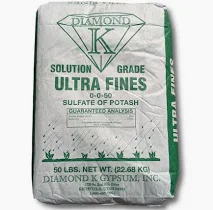
The Importance of Potassium in Fertilizer
Losing a lawn to the stress of summer heat or the cold of winter can be very frustrating to homeowners and lawn care professionals alike. As a professional, you might spend hours tending to your customers’ lawns just for them to die off during a stressful season. As a turf-care professional, the overall goal should be lawn (and soil) health since a healthy lawn will give you the color, growth, and durability your customers are looking for. Contrary to what some people might think, the green color of the lawn in the summer or winter does not necessarily guarantee the health of the lawn. The health and success of the lawn during a stressful season is more dependent on less visible factors, like its access to and use of potassium, than many landscapers consider.Baca selengkapnya -
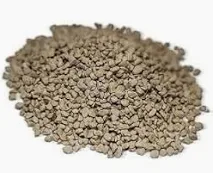
ROLES OF POTASSIUM IN PLANTS
Potassium is an essential plant nutrient, one of the three macro-elements required by plants in relatively large quantities – nitrogen, potassium and phosphorus (NPK). What are the roles of potassium in plants? How does potassium affect plant performance?Potassium enhances crop yields and quality in different ways. For example, it increases sugar content in fruits, size of vegetable crop fruits, protein content in cereals, helps maintaining longer shelf life, improves plants’ resistance to diseases and to drought and more.Baca selengkapnya -
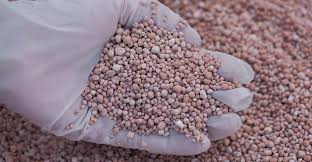
What's the Function of Potassium (K) in Plants?
Potassium is a paramount macro-element for overall survival of living things.It is an abundant mineral macronutrient present in both plant and animals tissues.It is necessary for the proper functionality of all living cells.Potassium is relatively abundant in the earth's crust making up to 2.1% by weight.Potassium is mined in the form of potash (KOH), sylvite (KCl), Carnallite and Langbeinite. It is not found in free nature.Baca selengkapnya -
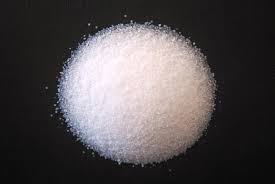
Benefits of Potassium for Corn Production
Potassium (K) is a macronutrient for corn because the plant takes up large amounts throughout the growing season. While K is not used by the plant as a building block for organic compounds, it functions as an activator for many enzymes and metabolic pathways, including those for photosynthesis and protein and starch formation in grain. Potassium plays a role in the flow of water, nutrients, and carbohydrates within the plant. It plays a role in the regulation of stomata closing and opening, thus impacting the exchange of water and gases. Additionally, K is key for cell wall strength and cellulose production. Good K fertility is associated with strong cell walls that enhance disease resistance and the ability of the crop to maintain firm, healthy stalks (Table 1).Baca selengkapnya -
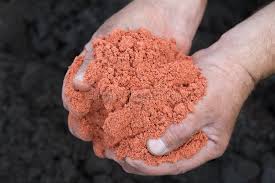
Potassium in our soil is running low, threatening global food security
Soils around the world are running low on potassium, a key nutrient needed for plants to grow. This ultimately means we may not be able to grow enough food for everyone.But it’s not too late: we have just published research identifying six things we must do to safeguard potassium supplies and food production.Baca selengkapnya -
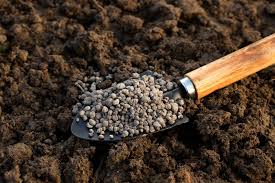
What are the effects of potash deficiency?
We write ‘effects of potash deficiency’ rather than ‘symptoms of deficiency’, because so many of the negative effects of a shortage of available potash to crops are not clearly apparent, whereas ‘symptoms’ implies some visible effect. Of course severe deficiency has visible symptoms (Figure 1), but there can be many expensive negative impacts on the crop well before clear symptoms are seen.Because most crops contain considerably more potassium than nitrogen or other nutrients, it might be expected that potassium deficiency would be the most commonly seen. However the majority of the potassium in crop tissues is supplied from the reserves in the soil, with relatively little coming from freshly applied fertiliser – in contrast to nitrogen or sulphur. Problems begin to arise when these soil potassium reserves are insufficient, usually as indicated by soil analysis results of K Index 0 or 1.Baca selengkapnya -
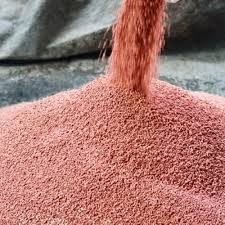
Everything In Moderation When Applying Potash
A recent article1 in Progressive Farmer over viewed research showing yield reductions attributed to potash (0-0-60, KCl or MOP) applications in corn (North Dakota) and soybean (Minnesota and Indiana). Although the mechanism(s) of “toxicity” were not known the yield reductions were large enough and frequent enough to be considered real. In the corn studies conducted by Dave Franzen at North Dakota State University the potash was applied in spring and detrimental rates were greater than 200 pounds per acre (120 lb K2O/acre). My (Casteel) soybean research in Indiana examined potash applied at or shortly after planting as a means of intensifying management. Rather, I observed 3 to 5 bu/ac yield reductions at this timing. Detrimental potash rates were 200 pounds per acre in some trials on prairie soils near West Lafayette and loam to coarse-textured soils near Wanatah in 2016 and 2017. I still observed yield reduction at a lower rate of 100 pounds per acre (60 lb K2O/acre) in 2019, but not in 2020 near LaCrosse. Dan Kaiser at the University of Minnesota also saw yield reductions from potash applications ahead of soybean (spring and even some fall timings), and suggested chloride might be the culprit. Even though these observations of yield reductions cannot be fully explained at this time, these reports have caused some farmers to evaluate their timing and rate of potash application.Baca selengkapnya -
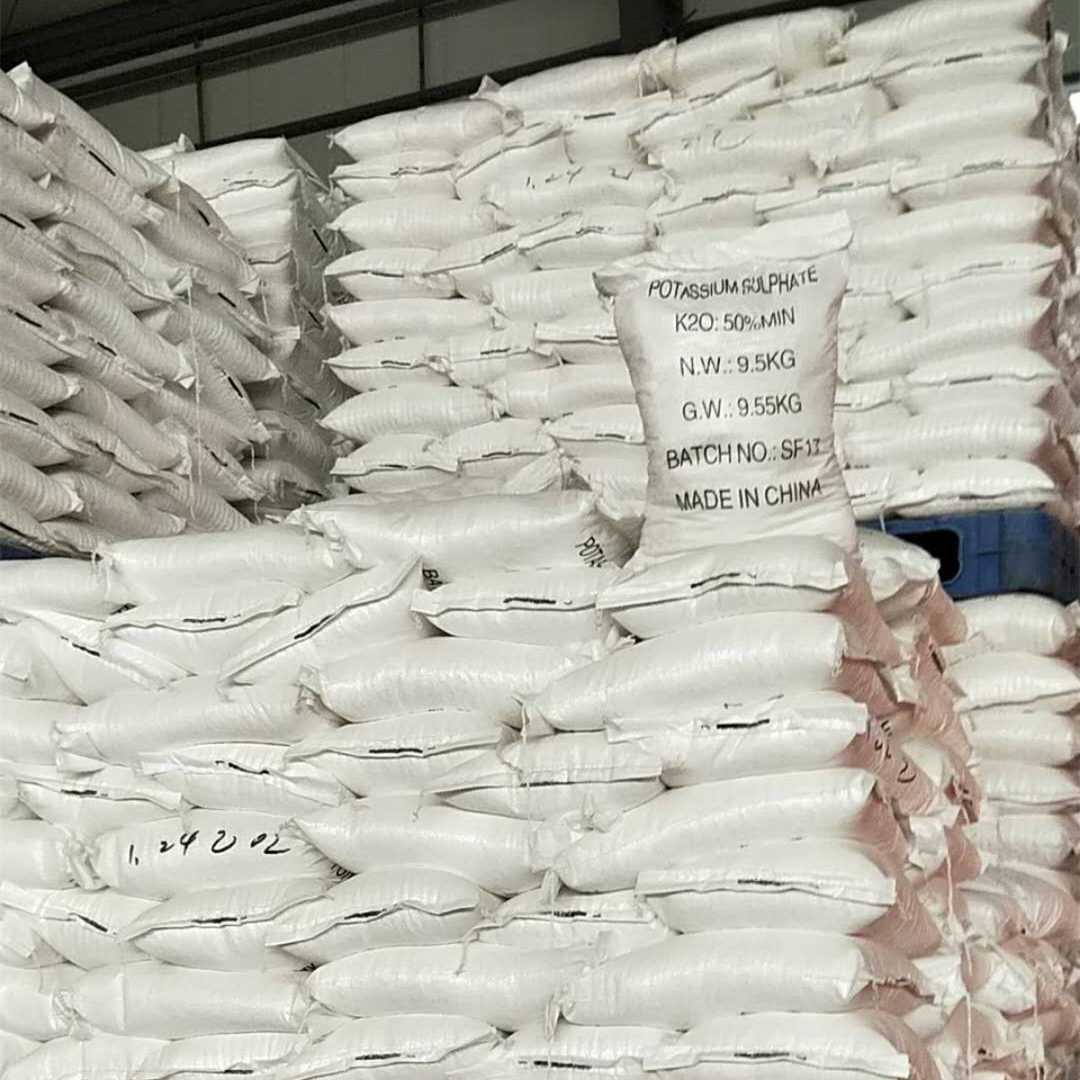
Considering the Effects of Potassium on Manganese and Soil Fertility
Some soils do not even build well using manganese sulfate. In a very few cases it has been necessary to apply the needed amount for two or three years in a row to reach the desired minimum level. In such cases, the use of ammonium sulfate as a nitrogen source may help, but generally the amounts used do not show much progress in building up soils deficient in manganese. A crop which can also help to increase manganese availability in the soil is rice.Just keep in mind that the primary elements, N-P-K, truly are primary in terms of getting enough nutrients there to grow the crop. But when any one of these three are over-applied, providing more than the soil can tolerate, those same elements can cause a whole new set of problems, not just for potatoes, but for all types of crops and growing plants.Baca selengkapnya -
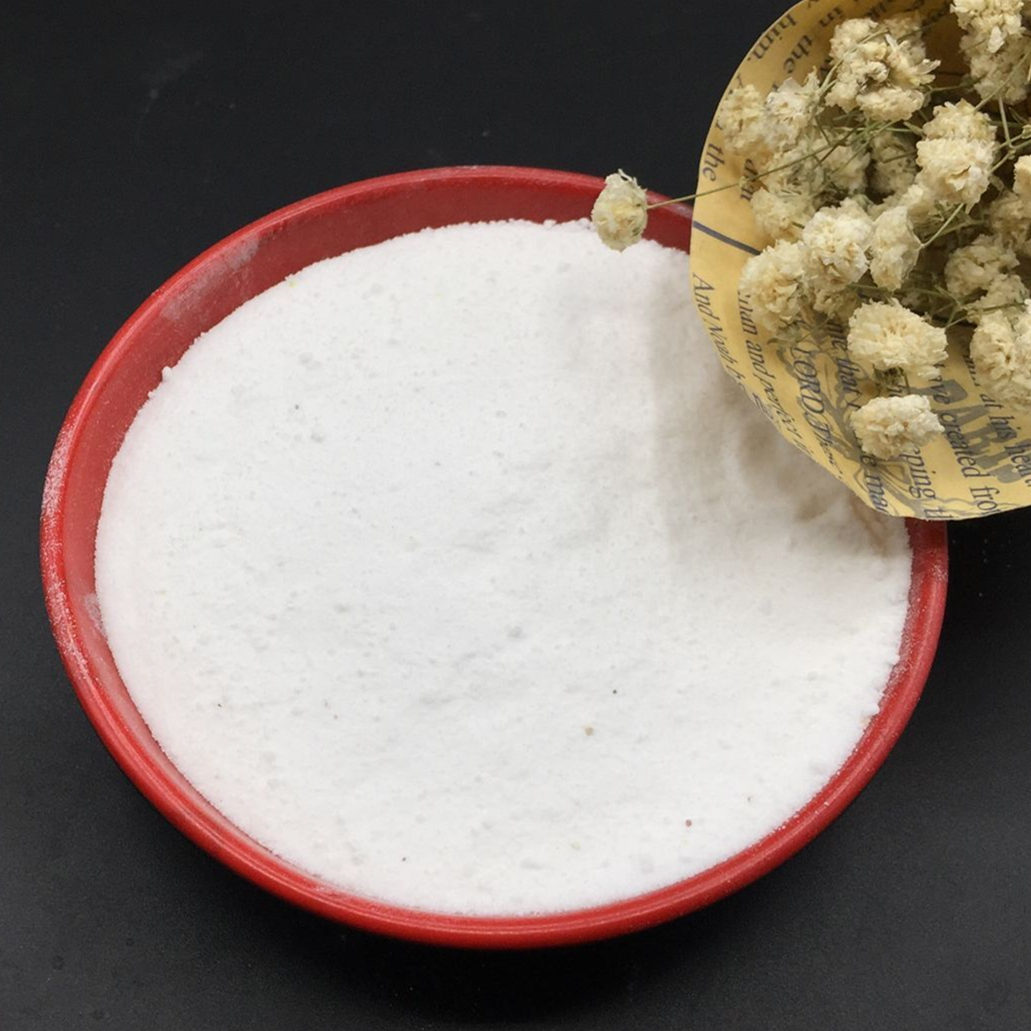
Potassium
Potassium is essential in nearly all processes needed to sustain plant growth and reproduction. Plants deficient in potassium are less resistant to drought, excess water, and high and low temperatures. They are also less resistant to pests, diseases and nematode attacks. Because potassium improves the overall health of growing plants and helps them fight against disease, it is known as the “quality” nutrient. Potassium affects quality factors such as size, shape, color and vigor of the seed or grain, and improves the fiber quality of cotton.Baca selengkapnya

